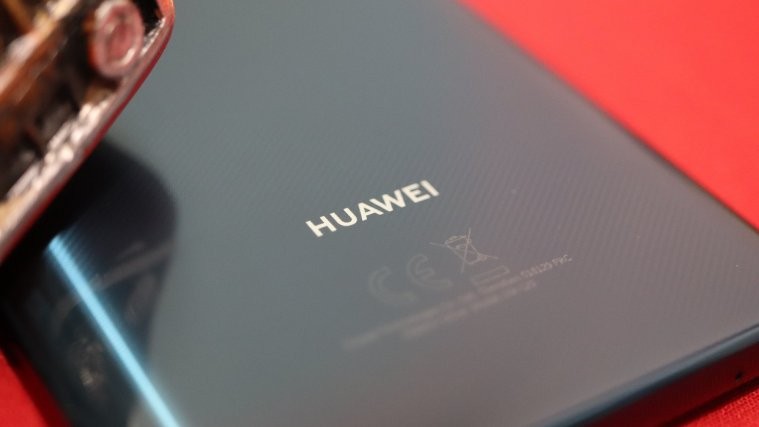Update [May 21, 2019]: The U.S. Department of Commerce has issued a statement confirming the lifting of the ban for 90 days beginning May 20. During this period, affected companies are expected to work out alternatives to Huawei with respect to this ban. The Department also notes that it will evaluate whether to extend what it calls Temporary General License beyond 90 days. The original post continues below.
Ever since Donald Trump took office, Beijing hasn’t been in the President’s good books and the situation is continuing to deteriorate. The war on Chinese tech firms has taken another twist following the latest actions that have seen Google impose restrictions for Huawei to access Android and Play Store services.
As of now, Google has suspended some core Android-related business activities with the Chinese tech giant after it was added to the “Entity List” of companies that must seek the government’s approval before doing any business that “requires the transfer of hardware and software products” with U.S. companies.
Huawei has been at loggerheads with the U.S. government for quite some time now, which is the reason the company’s best smartphones like Huawei P30 Pro and the foldable Huawei Mate X 5G are never sold through America’s biggest mobile operators. With the restrictions from Google, the U.S. is basically cutting off relations with Huawei, a company it has long accused of spying for the Chinese government.
According to Reuters, “Huawei Technologies Co Ltd will immediately lose access to updates to the Android operating system, and the next version of its smartphones outside of China will also lose access to popular applications and services including the Google Play Store and Gmail app.”
But all is not lost for Huawei, especially considering that current devices won’t be affected by these restrictions. A Google spokesperson told Reuters that “Google Play and the security protections from Google Play Protect will continue to function on existing Huawei devices.”
The American company has also taken to Twitter with a statement on the same, as seen below:
For Huawei users' questions regarding our steps to comply w/ the recent US government actions: We assure you while we are complying with all US gov't requirements, services like Google Play & security from Google Play Protect will keep functioning on your existing Huawei device.
— Android (@Android) May 20, 2019
On the brighter side, Huawei can still use AOSP, meaning those who buy future Huawei phones won’t be able to access the said Play Store, Gmail, YouTube, and other Google apps. Essentially, what Huawei will miss is the dedicated software support from Google, instead having to deal with the AOSP code themselves.
Given how dominant the Google Play Store is, this is definitely a huge blow to Huawei because ultimately, no one will want to buy a phone that doesn’t have it out of the box. Of course, it should still be possible to install the APK version, just like its already happening with Android devices meant for the Chinese market – a market that is already adapted to life without Google Apps and Play Store services.
It’s worth noting that Huawei has for the longest time been trying to push its own apps over what Google offers out of the box. Also, it has in the past been claimed the company is working on its own smartphone OS just in case something like this ever happened with Android, but details of the progress have been scarce.
Even so, the company still thinks this whole thing will create losers on both ends.
Lose-lose: Washington’s decision to force U.S. companies to stop doing business with tech giant #Huawei creates losers on both sides. #HuaweiFacts
— Huawei Facts (@HuaweiFacts) May 18, 2019
It remains to be seen how Huawei will respond to this and the overall effect it will have on its ambitious plan to dominate the worlds’ tech industry.






Apple should realize we won’t buy their shitty phone even if the USA wrecks Huawei. We’ll just switch to Samsung or Nokia or whatever else isn’t overpriced exclusive piece of shit. Also, the USA should just come right out and say they’re fucking with China out of fear of their economy, it’s really embarrassing that the country that owns personal information of every resident of this planet accuses other countries of doing the same.